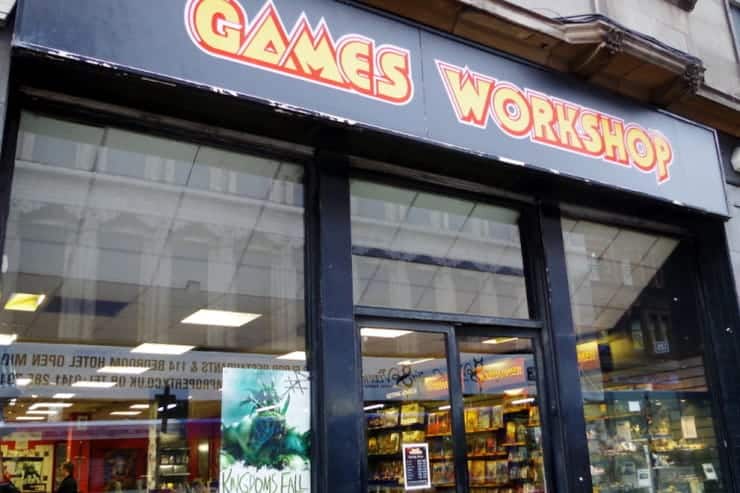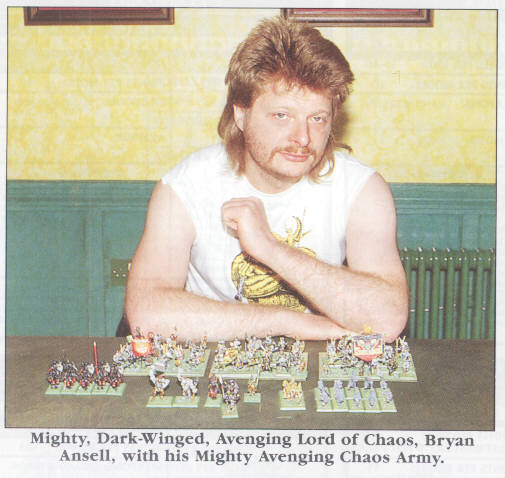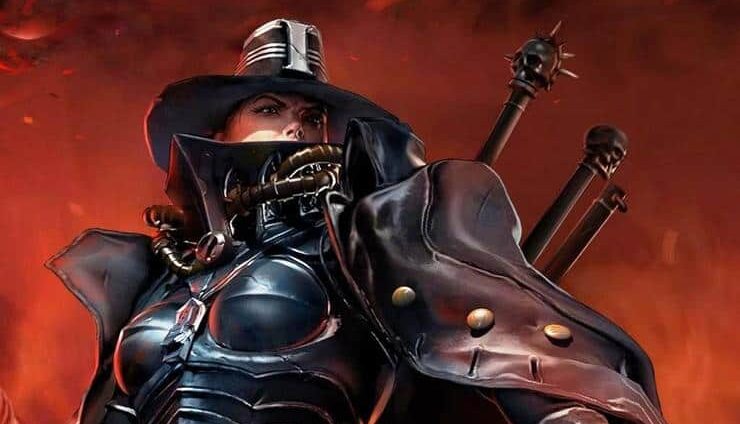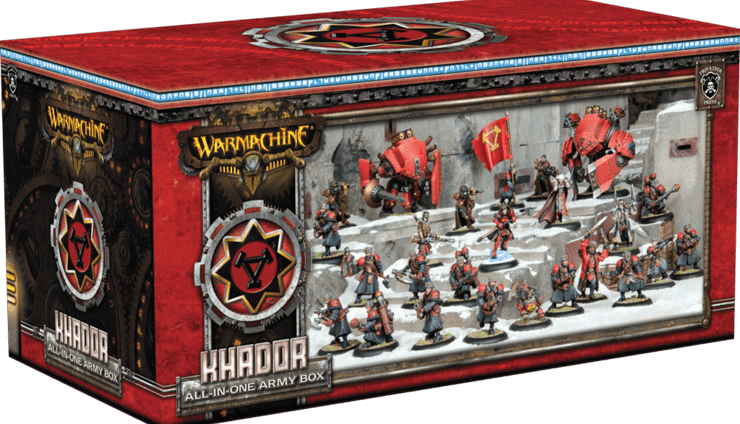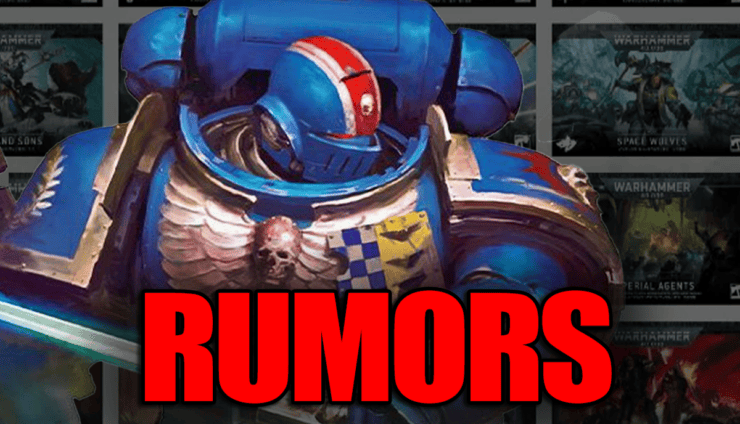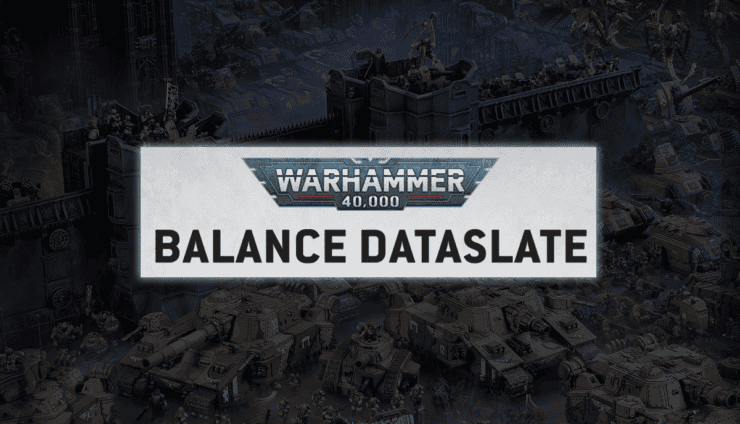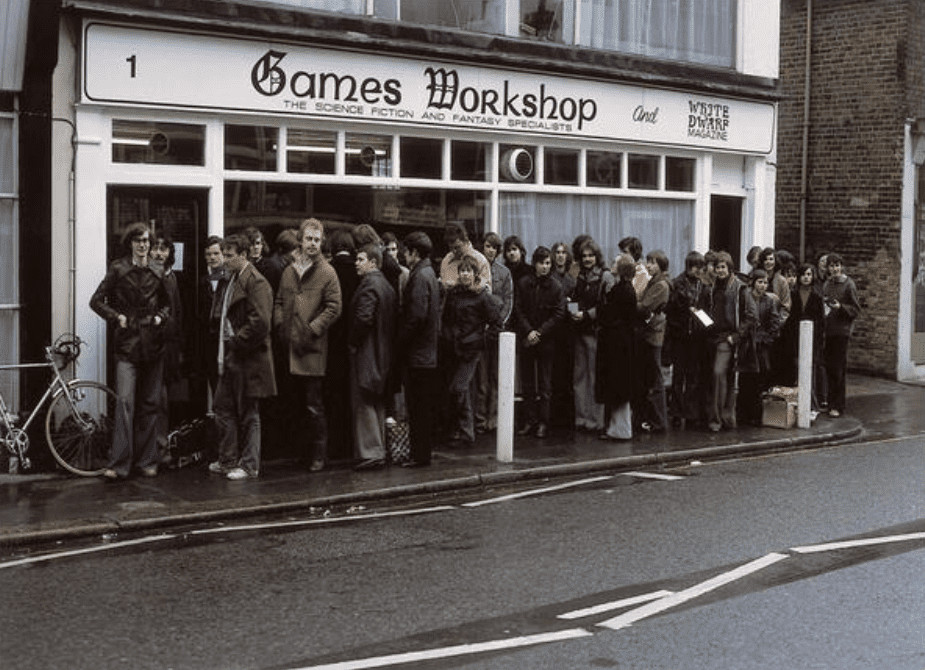 You would be very surprised to read about the secret inside story of how Games Workshop got started- from living in their van to hustling miniatures…
You would be very surprised to read about the secret inside story of how Games Workshop got started- from living in their van to hustling miniatures…
Have you ever heard of someone selling miniatures from their apartment, only to open a ‘game store’ but then having to resort to living in their car to afford the bills?
No real business would even function like that and ever be successful, right?
We may all be wrong with our assumptions, as it appears that is EXACTLY how Games Workshop started. And perhaps even explains, somewhat, WHY they go after any upstarts as aggressively as they do!
How it Started: Games Workshop’s ‘Secret’ Inside Story
Unplugged Games interviewed Games Workshop Co-Founder Ian Livingston, and the piece seemed to be quite eye-opening.
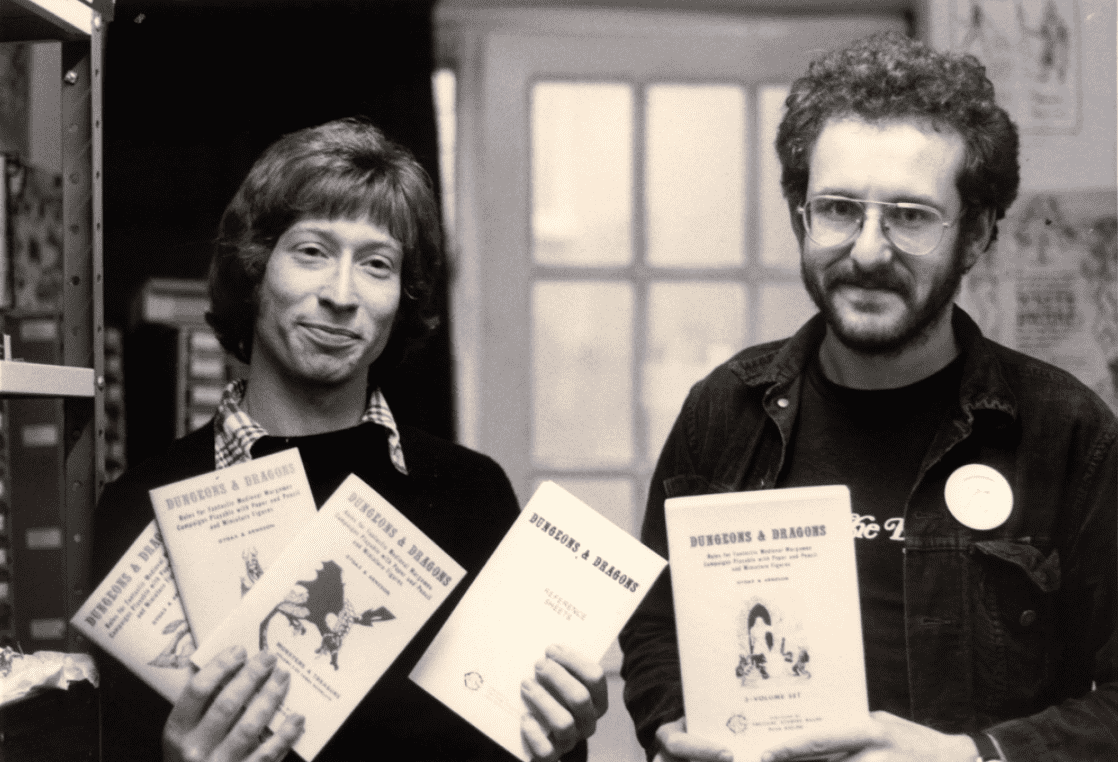
It’s no secret that GW started out by importing and selling Dungeons and Dragons modules and other accessories, but some of these events from the early years had been lost to the history books.
The article follows the company’s progression from reselling RPG books to the rise of Warhammer in the mid to late 1980s when some of us ‘old timers’ first started picking it up.
From these excerpts, GW seems to make great business decisions during this time period and changed its business model according to market demands and trends.
Citadel Miniatures was a design and production studio set up to manufacture metal figures for use in roleplaying games. Headed by designer Bryan Ansell, the new sister-company was intended as Games Workshop’s doorway into the miniatures market, which came with the potential for much higher profits than rulebook publishing.
then the next issue arose…
But Citadel wasn’t just supposed to sell miniatures; it was supposed to sell a lot of miniatures, and achieving that with a customer base made up largely of D&D players presented a problem.
For the most part, roleplay gamers bought one model at a time. They played single characters in long-running campaigns, and that meant they could go for years without needing to buy more miniatures.
and finally…
Ansell decided that a more lucrative approach would be to emulate the historical wargaming business, where customers bought entire armies at a time, ordering tens or even hundreds of figures and generating far greater profits.
To make that happen, Games Workshop would need to publish a new game – a radical departure from its previous offerings. Ansell turned to designers Richard Halliwell and Rick Priestley to produce a set of rules for full-scale battles that would appeal to die-hard fantasy roleplayers.
It was to be called Warhammer.
I think many of you out there know the story from here, but I’m sure in the next article, we’ll see even more gaps filled in from the turbulent 1990s in the company.
Well, I don’t know about YOU, but I can’t wait for part two from Unplugged Games!
The Secret Origin Story of How Games Workshop Started is Wild!
To see where the game is today from the stories he tells is pretty wild. So, if you love Warhammer of any kind, this recent podcast on the BBC is worth a listen!

Too Long Didn’t Listen:
Really, this all comes from the hope of making a hobby into a business, so they started out with a magazine and sent it to as many people in the gaming industry as possible. One of those magazines found its way to the desk of Gary Gygax (the founder of D&D). So GW ordered six copies of the game and actually secured an exclusive to distribute Dungeons and Dragons for the whole of Europe!
In the 70s, Both parties were just selling their new games out of their homes, so it was quite the partnership to start. After a year of just selling everything through mail order (for D&D), they decided to go full-time with the venture. This led to Ian and Steve Jackson living in a van for nearly three months until they could secure a little shop.
It was quite the decision as they both gave up their jobs and homes for a while. This led to them running Games Days in London, and they also had trade stalls at the events. That is where they met Asgard Miniatures, which was run by Byran Ansell. As he lived in Nottingham as well, this led to the creation of Citadel Miniatures and the eventual creation of Warhammer!
As they were coming up on the end of their exclusivity contract for D&D, they needed a game that could support the sales they needed to keep going, and thus, Warhammer was born! It was something with enough IP and hope to become its own entity. At first, they tried selling board games and such, but eventually, Warhammer became the marquee item to keep Games Workshop going.
This is just a quick overview of how Games Workshop started, but be sure to give the full thing a listen by clicking on the header below.
If you liked that article, you may definitely want to check out what Bryan Ansell (the head of Citadel Miniatures above) had to say about this period as well HERE!
Did you know Warhammer was originally almost called Battleblade?
Listen to Origin of How Games Workshop Started Here!
Yeah or Nay? Could a thing like this even happen today with modern print-on-demand processes and Google Maps / Internet technology to verify everything? -MBG
